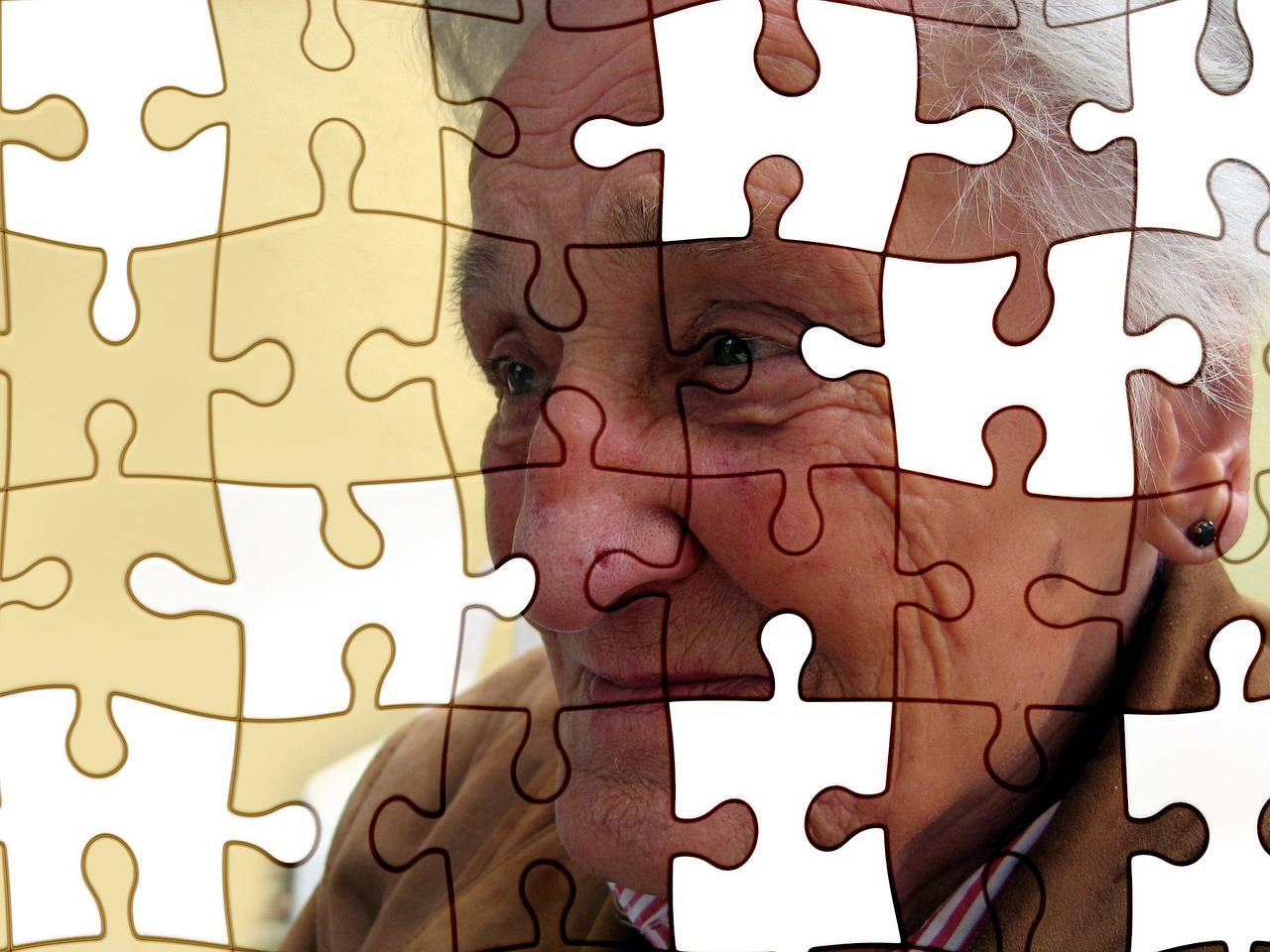18 organisations call on Prime Minister to follow through on promises to improve funding for adoption of dementia-friendy technologies

A cohort of 18 leading organisations from across the UK’s health and social care sectors have called on Prime Minister, Boris Johnson, to take urgent action to improve the level of technology-enabled dementia care across the UK.
The group, including respresentatives from the National Care Forum, Care England, the National Care Association, and PainChek, has this week submitted an open letter to Johnson signed by around 100 private sector, not-for-profit organisations, calling on the Government to improve the financial and strategic support for dementia care.
The move will enable social care organisations to embrace the power of technology and innovation to improve the care for people with dementia and those who support them.
The biggest killer
The open letter also demands that the Government conducts an urgent review of the status and progress of the commitments set out in the Dementia 2020 Challenge, and is the foundation of a new campaign The tech revolution: dementia care’s time has come.
Led by medical technology company, PainChek, the campaign launches at a time when dementia continues to be the UK’s biggest killer, even throughout the COVID-19 pandemic.
Professor Martin Green OBE, chief executive of Care England, said: “The United Kingdom has made significant progress on improving support and recognition for people living with dementia.
“However, we need to maintain the momentum, and to reach for the ambitious goals that we set for the Dementia 2020 Challenge.
“We require the Government to make good on its commitments, and for our society to improve their support for people living with dementia.”
PainChek’s Pete Shergill adds: “In today’s increasingly tech and digital-first society, it is unsurprising that technology has the power to enhance dementia care and support care providers in the digitised world.
A funding shortfall
“But the Government simply isn’t providing enough financial or strategic support to social care businesses to aid their adoption of technology-enabled dementia care.
“This shortfall in funding was further highlighted by the recent Spring Budget, which disappointingly failed to provide the additional support the social care sector desperately needs.
“This is why we have launched the campaign and submitted the open letter to the PM and Parliament to get things changed – in a bid to bring the funding of tech in care in line with the funding made available to the health and healthcare sectors.”
And he said: “As a provider of medical technology, PainChek is passionate about alleviating the devastating impact of Alzheimer’s and dementia.
“We have witnessed first hand how technology can help improve and transform the lives of those living with it.
“COVID-19 has accelerated the uptake of many technologies across social care. And, where utilised, the power of tech has played a critical role in facilitating better health outcomes for care home residents, with point-of-care recording and powerful reporting that reduce the administrative burden on care home staff and equip them with the means and information to better care for and treat residents.
Fit for purpose
“Now is the time for the Government to modernise its strategy for dementia care provision, as well as the aims of the Dementia 2020 Challenge, by refreshing its objectives and goals so they are relevant and fit for purpose today, and tomorrow.
“But the sector desperately needs dedicated government support and investment now.
“A dedicated innovation grant for social care providers to help and support them to adopt and roll out technology that supports the care of people living with dementia, would offer a simple and practical solution.
“Being able to harness the power of tech would allow care providers to deliver more-efficient and effective care, streamline processes, and ultimately cut costs and save time – allowing staff to focus on delivering the highest standard of care.”
When the then Prime Minister, David Cameron, launched the Dementia Challenge 2020 Report in 2015, he explained what the Government wanted to see in place by 2020 in order for England, including:
· To be the best country in the world for dementia care and support and for people with dementia, their carers and families to live
· To be the best place in the world to undertake research into dementia and other neurodegenerative diseases